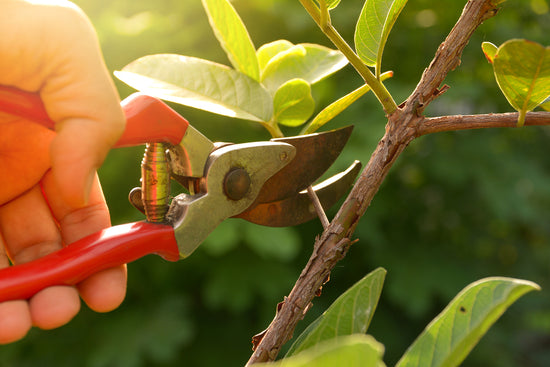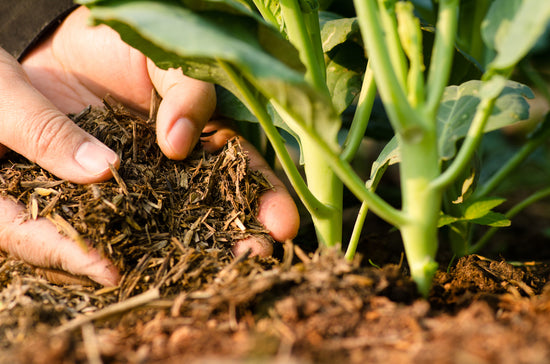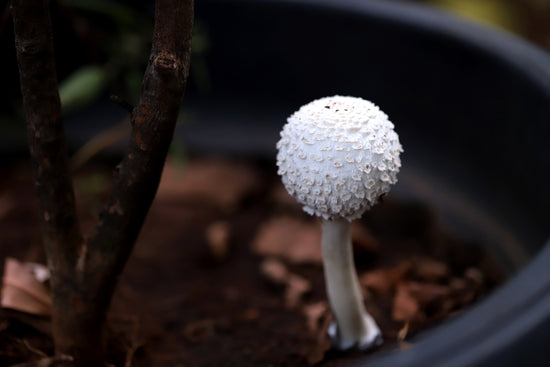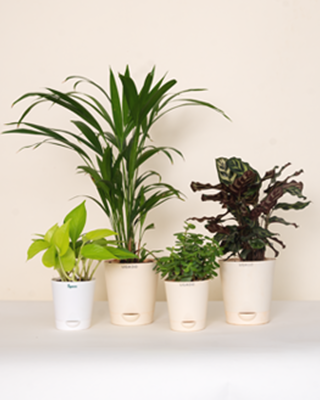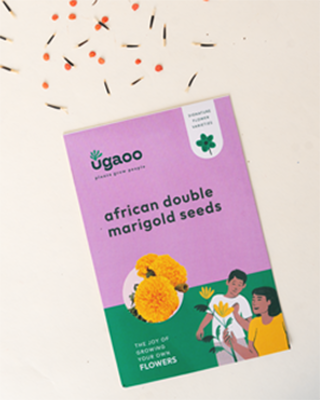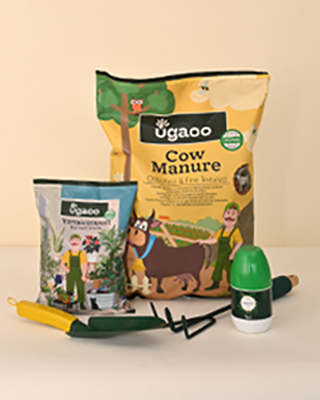
- Watermelons contain merely 46 calories/cup, but they are high in various plant compounds, Vitamin A, B6, C and vital minerals like magnesium and potassium.
- The water content in this desert fruit is about 92%; this is the primary reason it keeps you full for a longer time.
- Certain compounds in watermelon, including cucurbitacin E and lycopene, have been researched for their potential to prevent cancer.
- Some studies suggest that Lycopene in watermelon may help in preventing oxidative damage to cholesterol, lower it and reduce blood pressure too.
- Citrulline, an amino acid in Watermelon may increase nitric oxide levels in the body. Nitric oxide helps in the expansion of blood vessels, which in turn reduces the risk of blood pressure.
- Inflammation may trigger many chronic diseases. Lycopene and Vitamin C in watermelon are anti-inflammatory antioxidants and are potent enough in lowering inflammation and oxidative damage.
- AMD - Age-related Macular Degeneration is a common problem that can cause blindness in old age adults. Lycopene with antioxidant and anti-inflammatory functions may help in keeping the eyes healthy and protecting them against AMD.
- Having watermelon juice after a strenuous workout can help in muscle recovery. Citrulline can be considered responsible for easing sore muscles.
- Vitamin A and Vitamin C in watermelon are known beneficial for skin and hair. They can keep the skin supple and prevent it from sunburn too.
- Lots of water and some amount of fibre in watermelon make it an excellent fruit for improving digestion. Eating watermelon regularly can promote normal bowel movements.

Fell in love with the super fruit? Well, you can grow it at home too.
How to grow watermelon at home?
Scientific Name: Citrullus Lanatus
Family: Cucurbitaceae (Gourd family)
Plant Type: Trailing annual vine with tendrils
Types of Watermelon: Sugar baby, Sugar Queen, Punto, Nelson, Cruiser
Climate: Watermelon requires hot dry climate and long growing season preferably with warmer days and cooler nights. It cannot withstand frost or very low temperatures. Higher temperatures are beneficial during ripening of fruits.
Soil: The soil should be well drained and should have plenty of organic matter. Sandy loam soil is best for home gardening. A pH of 6.5 - 7.0 is ideal. Read about soil pH and its effect on plant growth.

Sowing watermelon seeds:Purchase watermelon seeds from Ugaoo. Sow 2 to 3 seeds per hole. Few weeks after germination, allow only single, healthy seedling to grow at one spot & thin other slow growing seedlings.
Fruits: On an average, Watermelon fruits ripen 80-90 days after sowing. All the growth stages from Seedling, flowering, to fruiting stage happen within 2-3 months on most of the cultivars.
Watermelons per plant: About 2 to 3 melons can be harvested per plant in its single lifespan of 3-4 months.
Harvesting: Watermelons should be harvested at proper stage of maturity. Change in color of portion of the fruit that touches ground to yellow is a good indicator of ripened fruit. Also heavy dull sound when the fruit is tapped with the back of hand or with fingers denote maturity of fruit.

Click here to read in detail about growing watermelons!
Lets Ugaoo!




